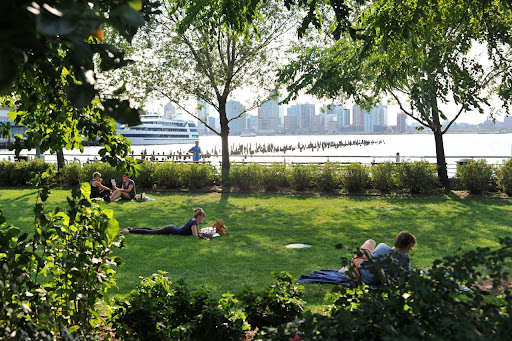“They are the only Everglades in the world.” (Douglas 106)
 |
| http://www.miamiherald.com/news/local/community/florida-keys/article4239801.html |
This particular quote stood out to me because it’s amazing
we can say that we have the only everglades in the world. We have such a unique
and diverse ecosystem right here in my home state. Personally, I have only seen
the Everglades in passing as I was driving across Alligator Alley. After
reading that quote it made me think it’s a shame I haven’t taken the time to
adventure through one of the world’s natural wonders. We get so caught up with
the hustle and bustle of our lives that we don’t realize and enjoy the beauty
of the land that has been here long before us.
“There are not four sharply marked seasons, as in the
North.” (Douglas 112)
| http://www.postcardsouvenir.com/flsepo.html |
This statement is one of the reasons I appreciate living in
Florida. A lot of people say they love to see a change of season, but I
disagree. While certain times of the year is more tolerable, I enjoy our
climate and weather. I have lived in Florida all my life, so I am use to the
way the “seasons” meld into each other. The real truth is I don’t know any
different. What I’ve recently learned though is that we have two very different
seasons, wet and dry seasons. Douglas goes on to talk about them briefly saying
that for months the rain will pour, but just as quickly as it comes, it’ll also
dry up with the sun beating down on the land. I think it all boils down to what
you are accustomed to. Florida’s seasons may not be for everyone.
“The whole system was like a set of scales on which the
forces of the seasons, of the sun and the rains, the winds, the hurricanes, and
the dew falls, were balanced so that the life of the vast grass and all its
encompassed and neighbor forms were kept secure.” (Douglas 121-122)
 |
| http://www.someblogsite.com/archives/4713 |
As it is said in this quote, it is a system of checks and
balances that made the Everglades come to be. Without the streams, lakes, and
rivers in the northern part of the state, the Everglades basically would have
washed away. I think we can also apply this idea to our own lives. We have a
system of checks and balances in place for our national government. Without
that our country would end up running itself to no ends. We also have a system
in place for ourselves. We have to have balance in our own lives between
school, work, family, and friends. We keep ourselves accountable for our
actions, and we take the rewards and repercussions when necessary. All aspects
of life must find that balance that satisfies their needs.






